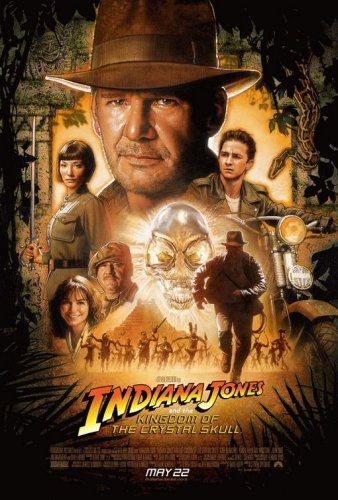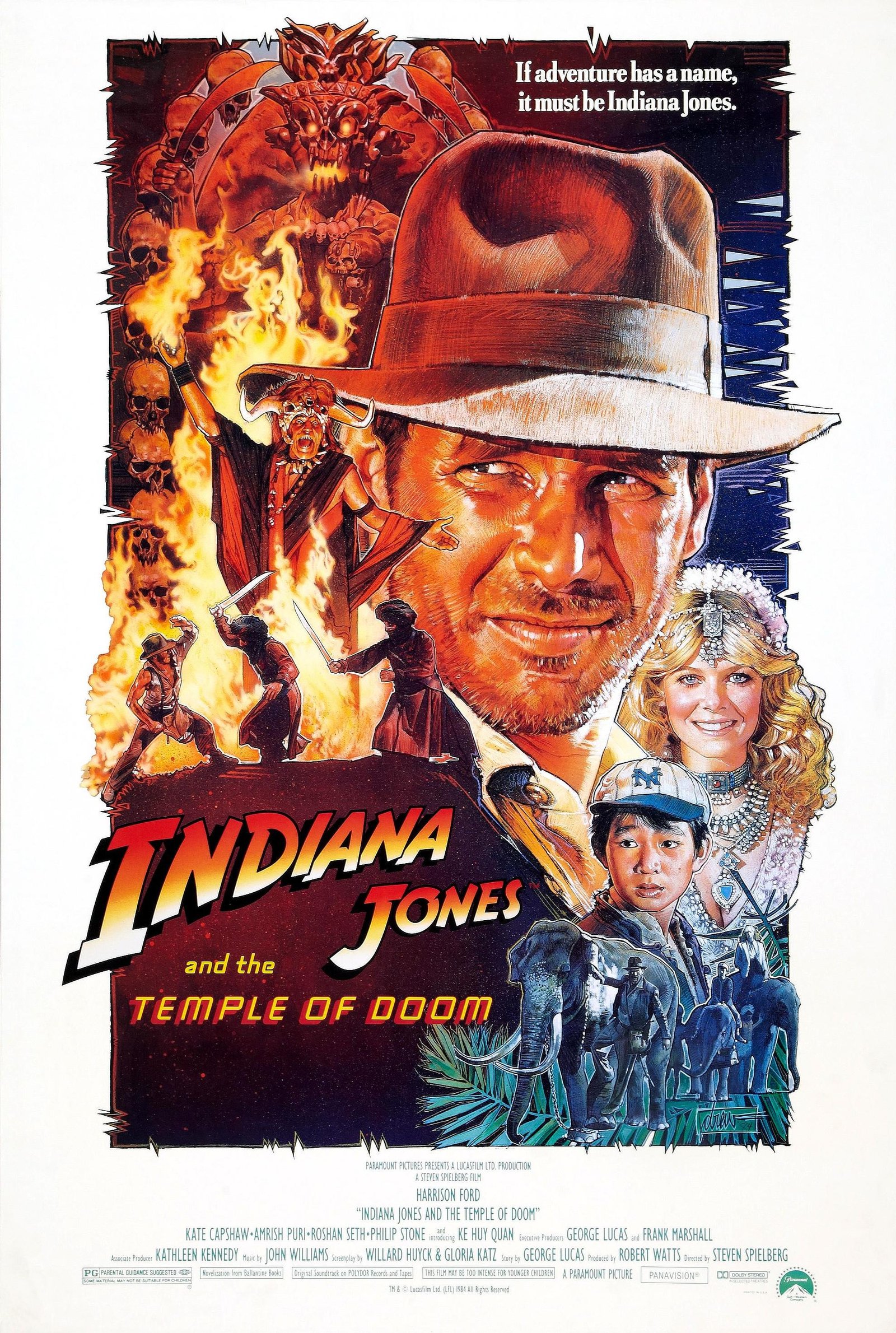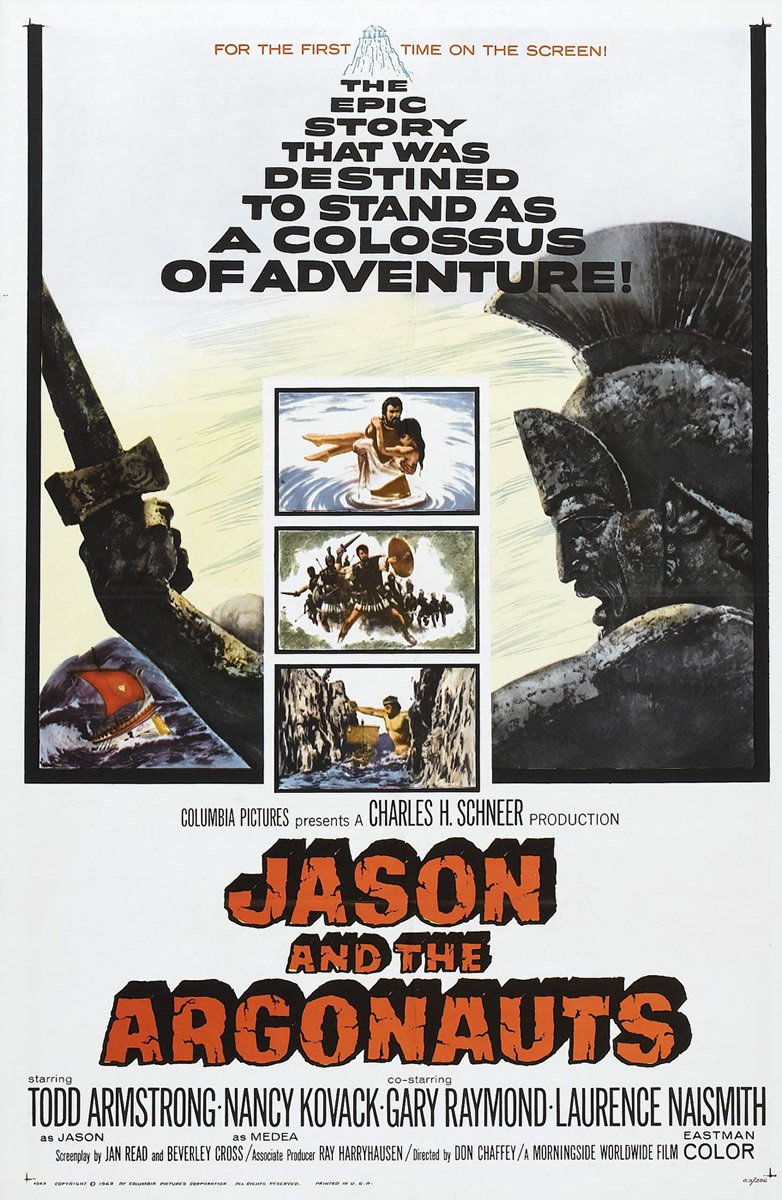Shiva is one of the principal deities in Hinduism. He is the Supreme Being within Shaivism, one of the major traditions within contemporary Hinduism. Shiva is known as "The Destroyer" within the Trimurti, the Hindu trinity that includes Brahma and...
Hindu Mythology
Hindu Mythology
bronze-age
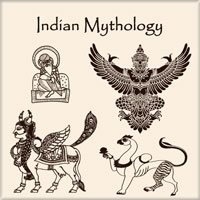
In India a different worldview evolved over four thousand years, with the concepts responding to various sociocultural phenomena and transforming with the words of wise men to satisfy the needs of the local population
There are many famous myths in Indian mythology, here are a few examples:
- The Ramayana, which tells the story of Prince Rama and his rescue of his wife, Sita, from the demon king, Ravana.
- The Mahabharata, which is one of the longest epic poems in the world and tells the story of a dynastic struggle for the throne of Hastinapura.
- The story of Lord Vishnu taking the form of a fish to save the world from a great flood.
- The story of Lord Shiva and his consort, Parvati, and their son, Lord Ganesha.
- The story of Lord Krishna, who is considered a supreme deity in Hinduism and is known for his wisdom and his role in the Mahabharata.
- The story of the Trimurti, which tells of the three main gods in Hinduism- Brahma, Vishnu, and Shiva.
- The story of creation according to Hindu mythology is also an important one, which explains how the world and all living beings came into being.
Hindu Mythology Legends

Shiva, the Destroyer

Rama
Rama is a major deity of Hinduism, and a central character in the ancient Hindu epic, the Ramayana. He is the seventh avatar of the god Vishnu and is known as the perfect human being, an ideal son, husband, and king. He is one of the most p...

Saraswati, the Goddess of Learning
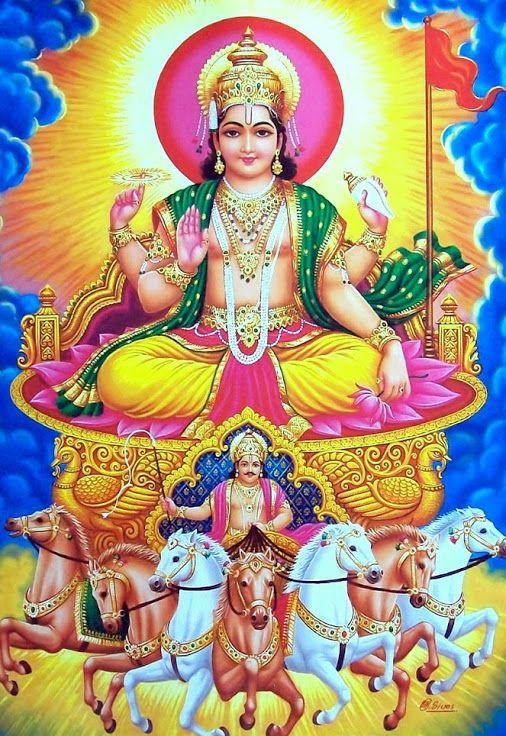
Surya, the sun
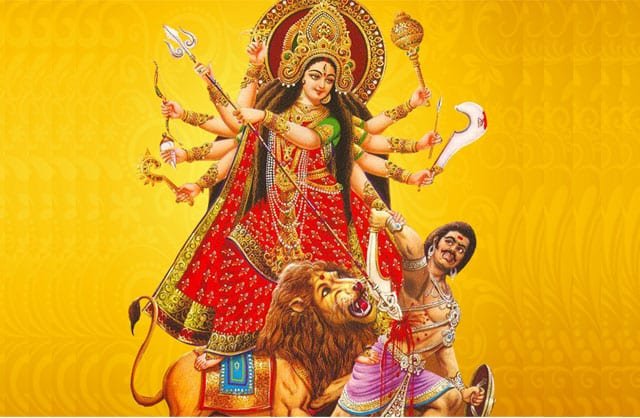
Durga Devi
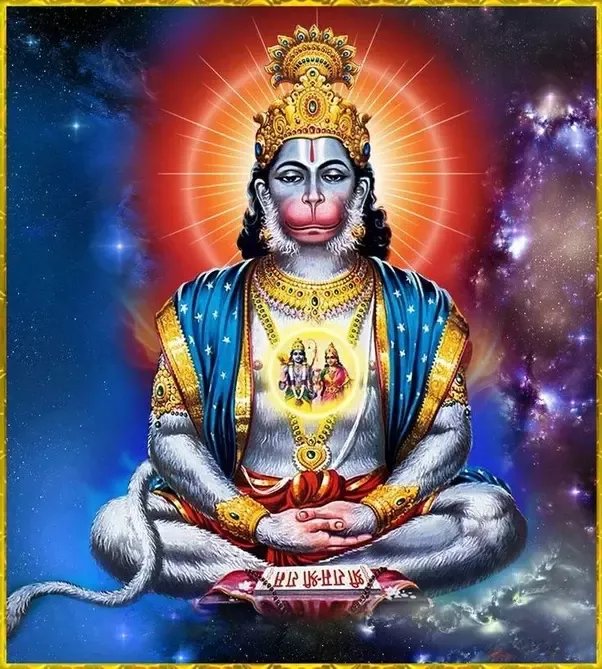
Hanuman, the monkey king and devoted servant
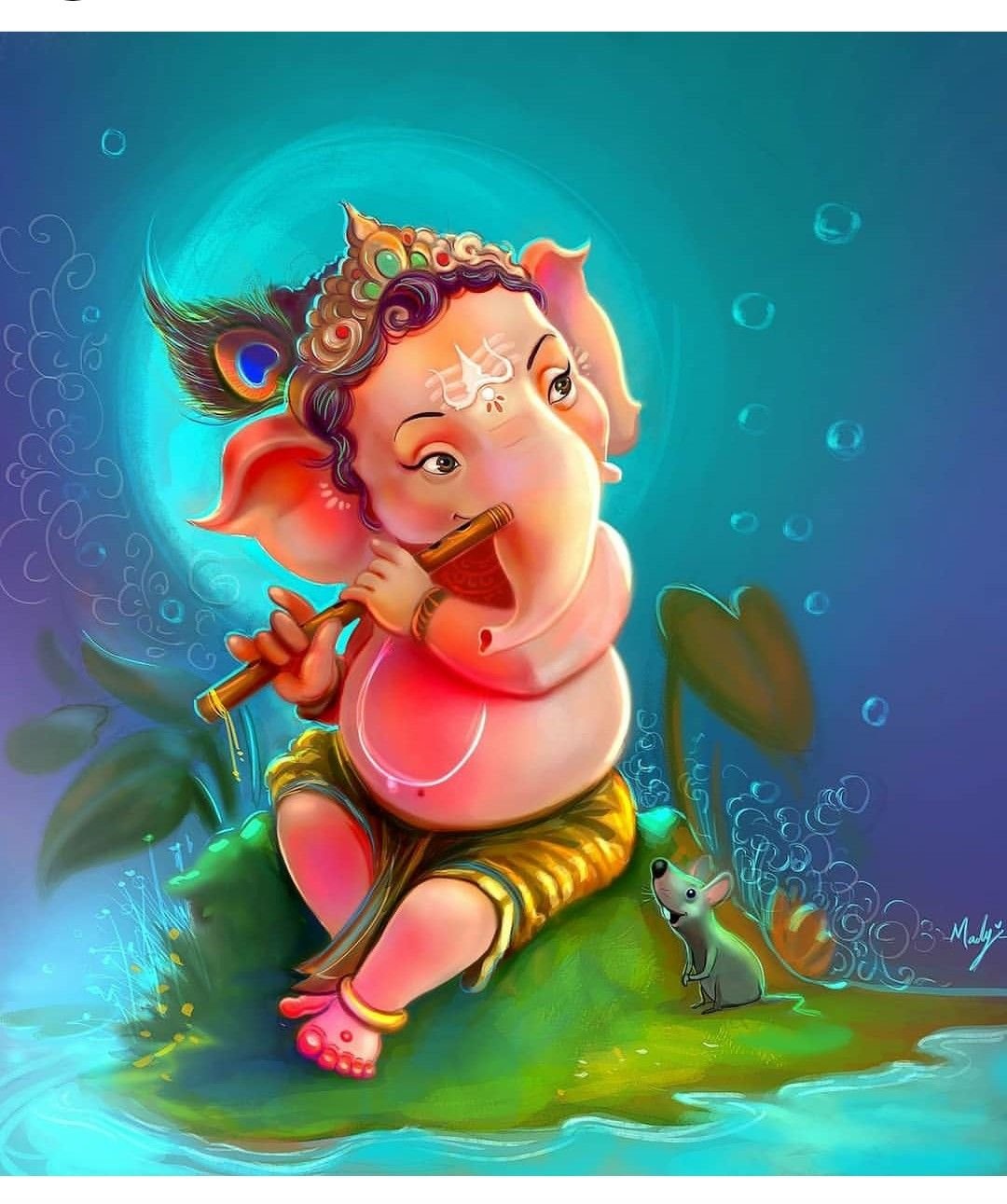
Ganapati, the Remover of Obstacles
Ganapati, more commonly known as Ganesha, is a revered deity in the Hindu pantheon, known as the Lord of Beginnings, the Remover of Obstacles, and the deity of intellect and wisdom.
Iconography and Attributes:
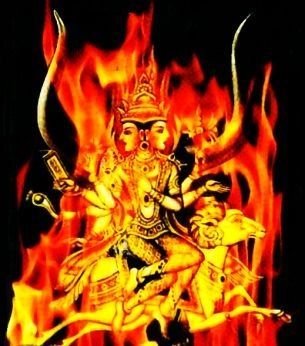
Agni, the fire god

Brahma, the Creator
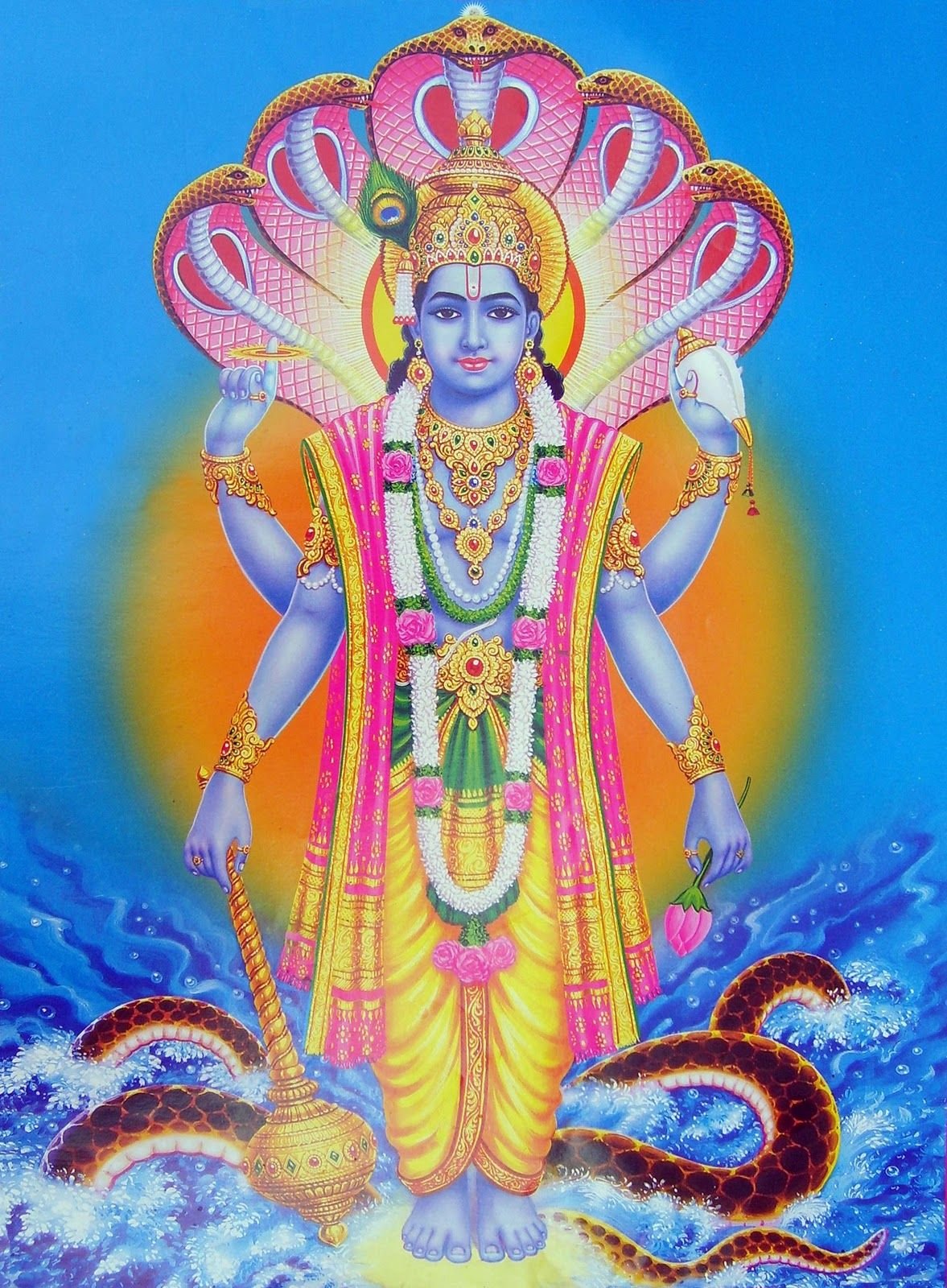
Vishnu, the Preserver

Lakshmi
Lakshmi is the Hindu goddess of wealth, fortune and prosperity. She is the wife and shakti (energy) of Vishnu, one of the principal gods in Hinduism. She is also an important deity in Jainism and found in Jain temples.
Lakshmi is c...

Krishna
Hindu Mythology Creatures

Gandharva

Matsya
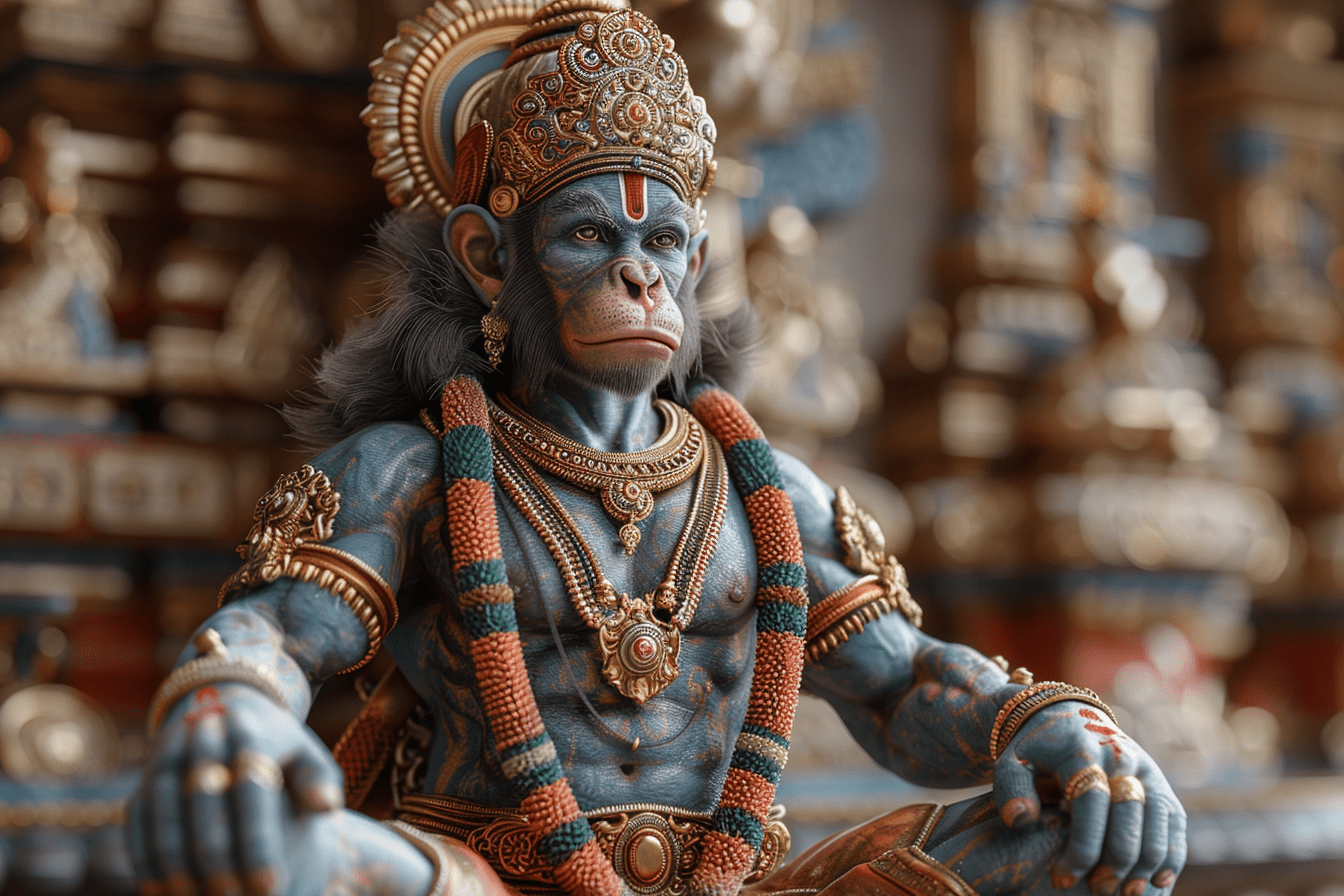
Vanara
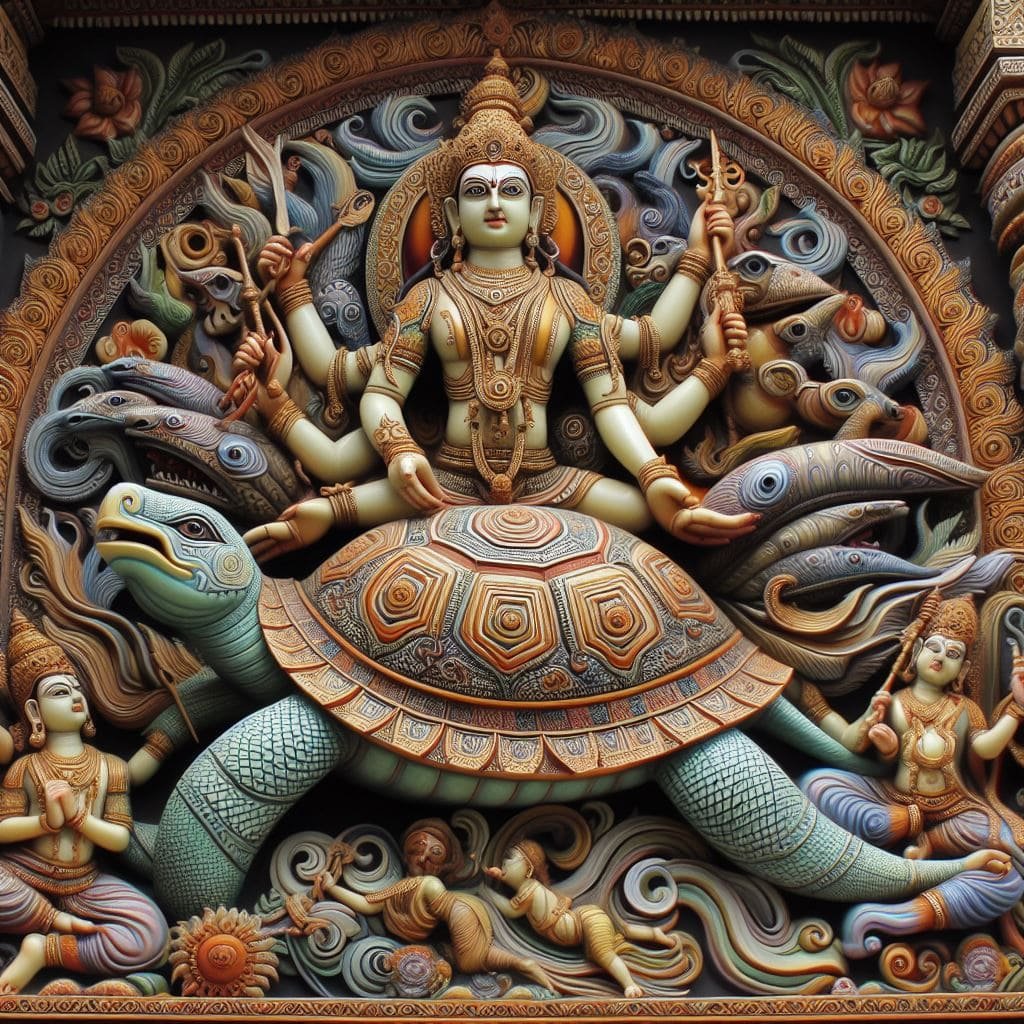
Kurma
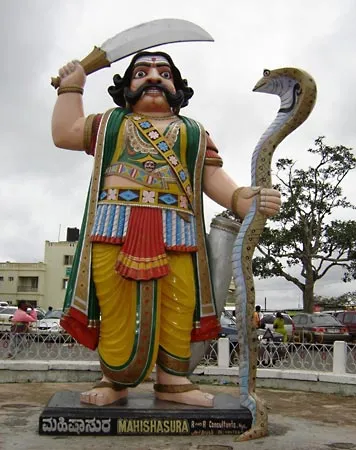
Asura
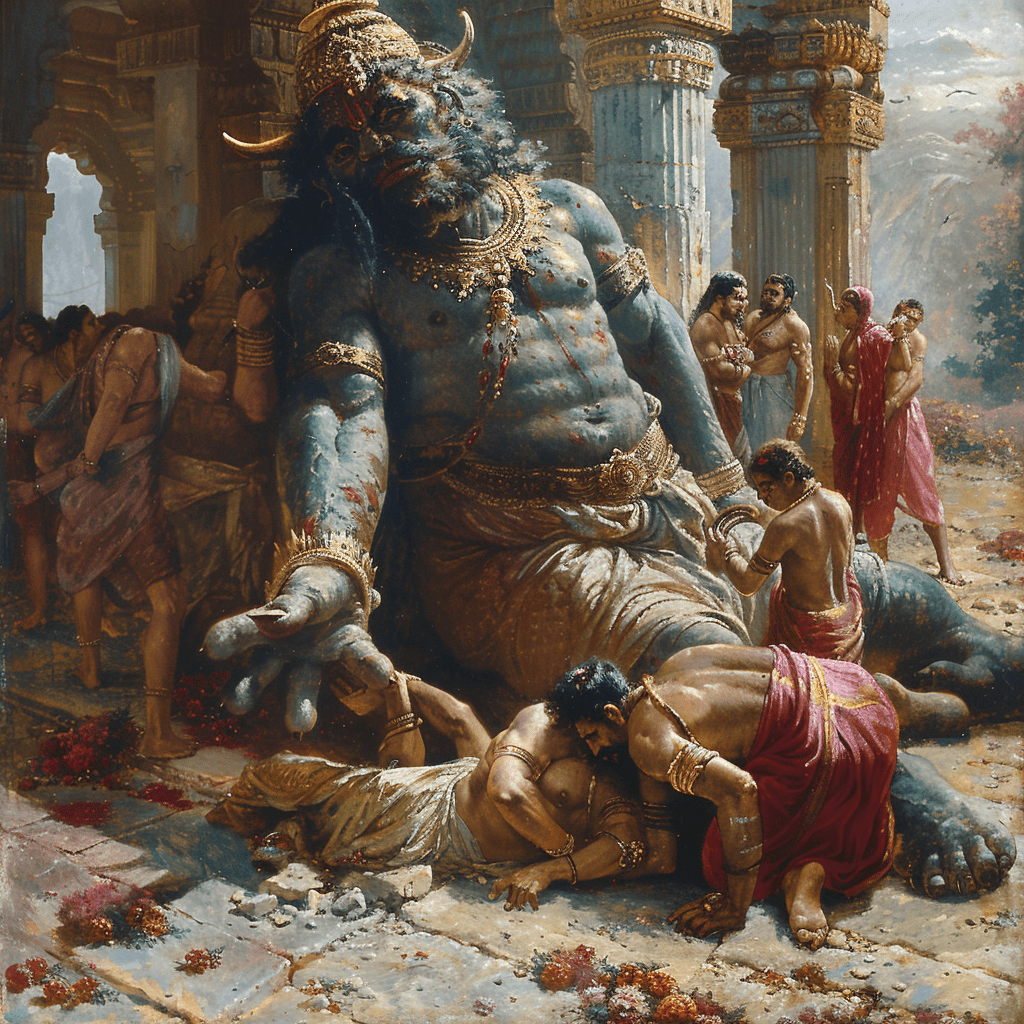
Kumbhakarna
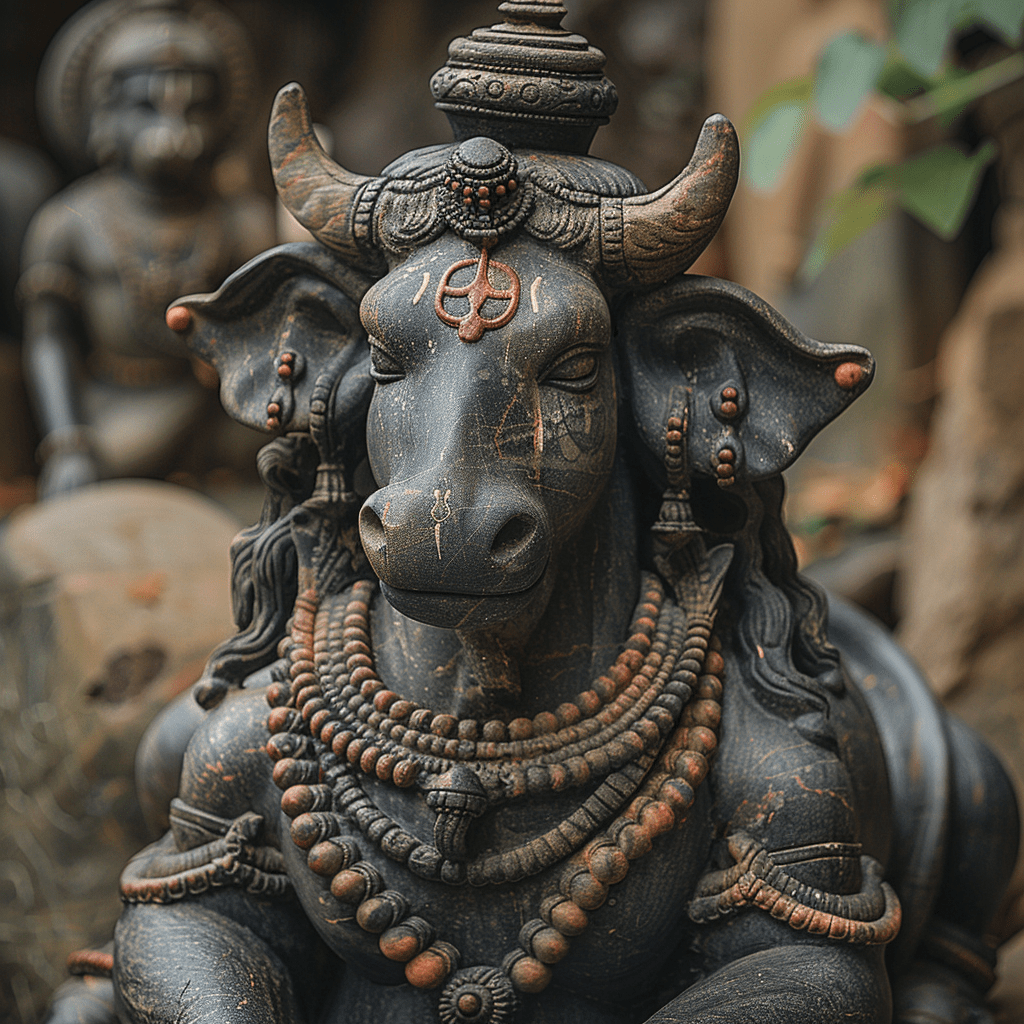
Nandi
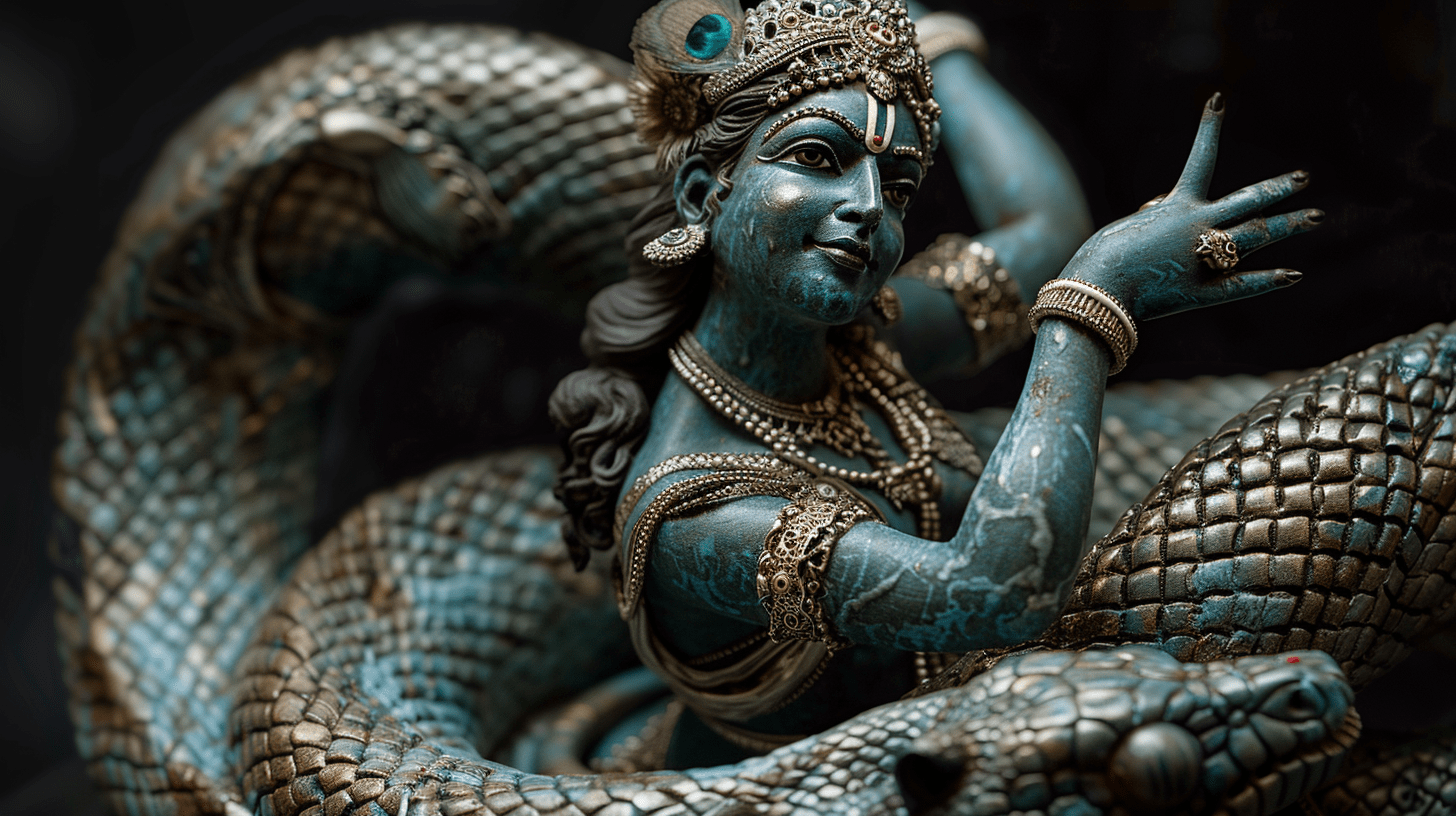
Kaliya
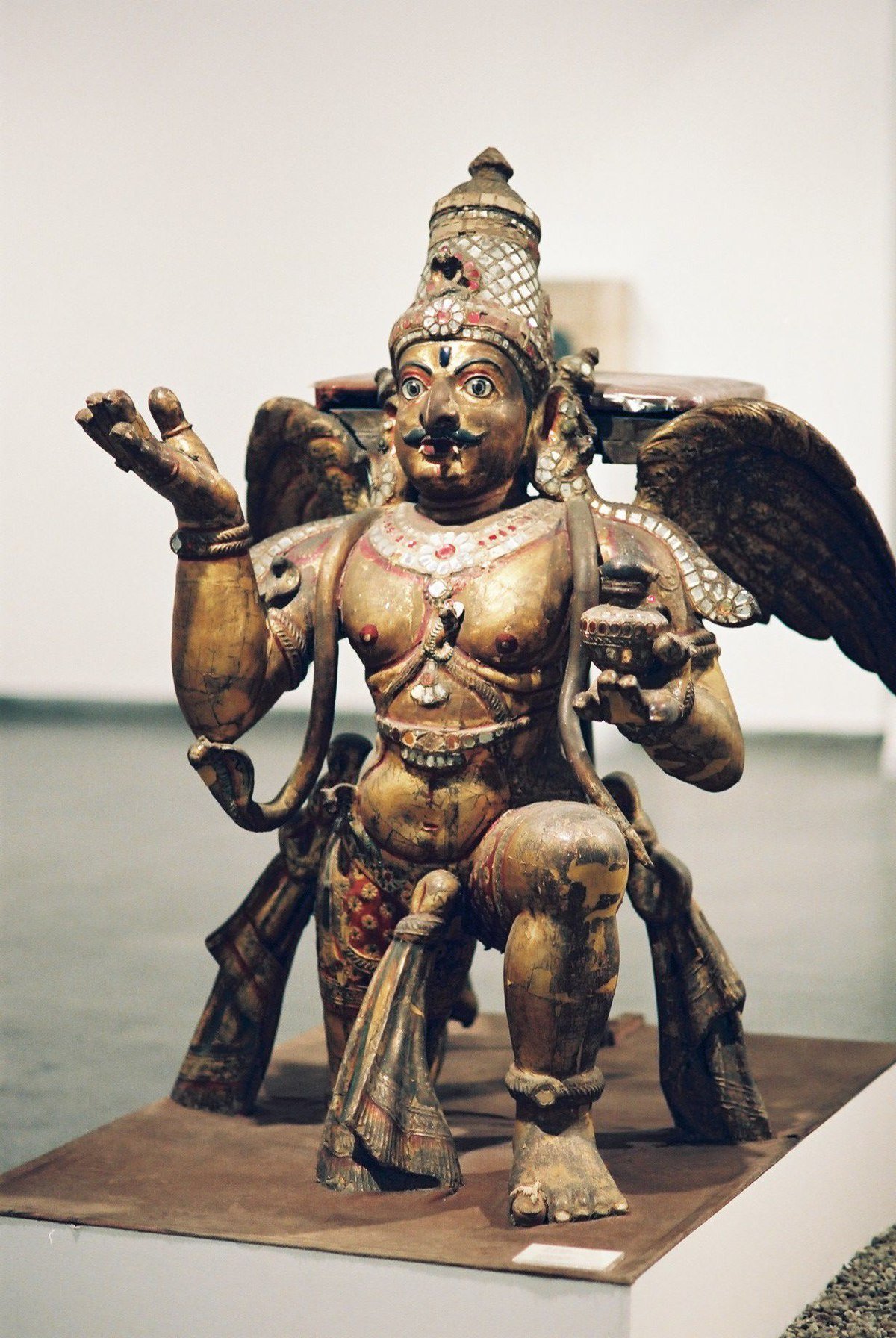
Garuda
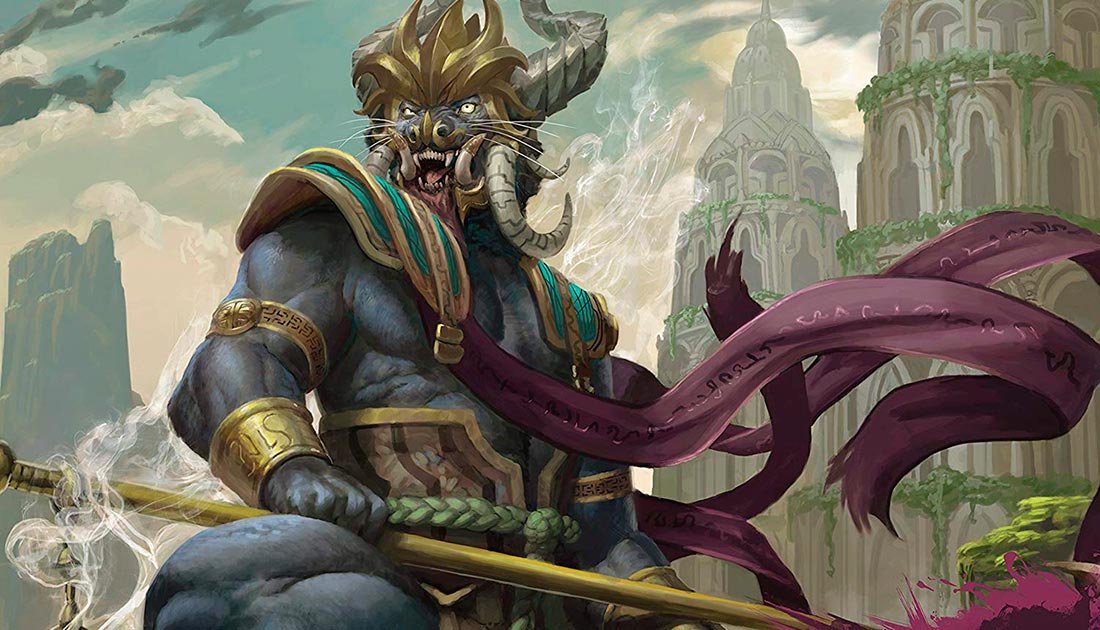
Rakshasa
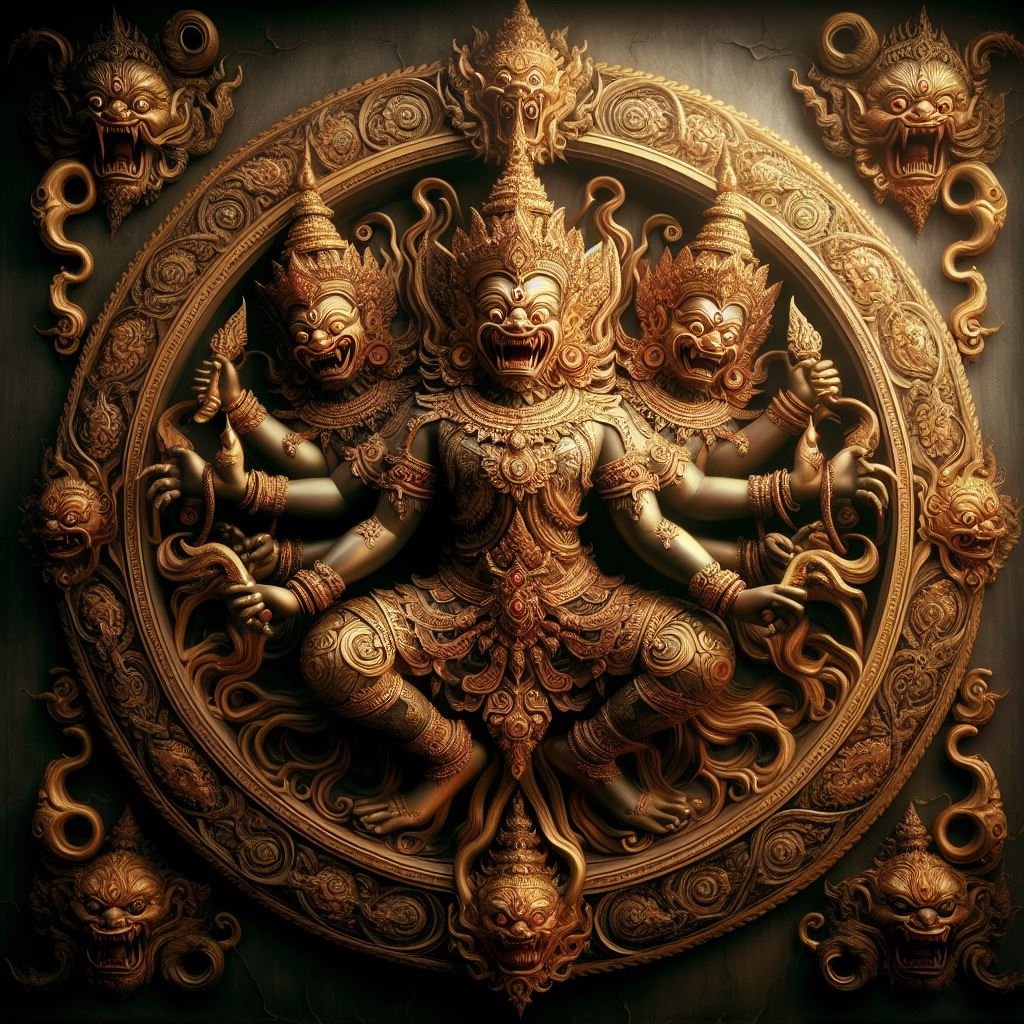
Vetala

Apsara
Hindu Mythology in POP Culture
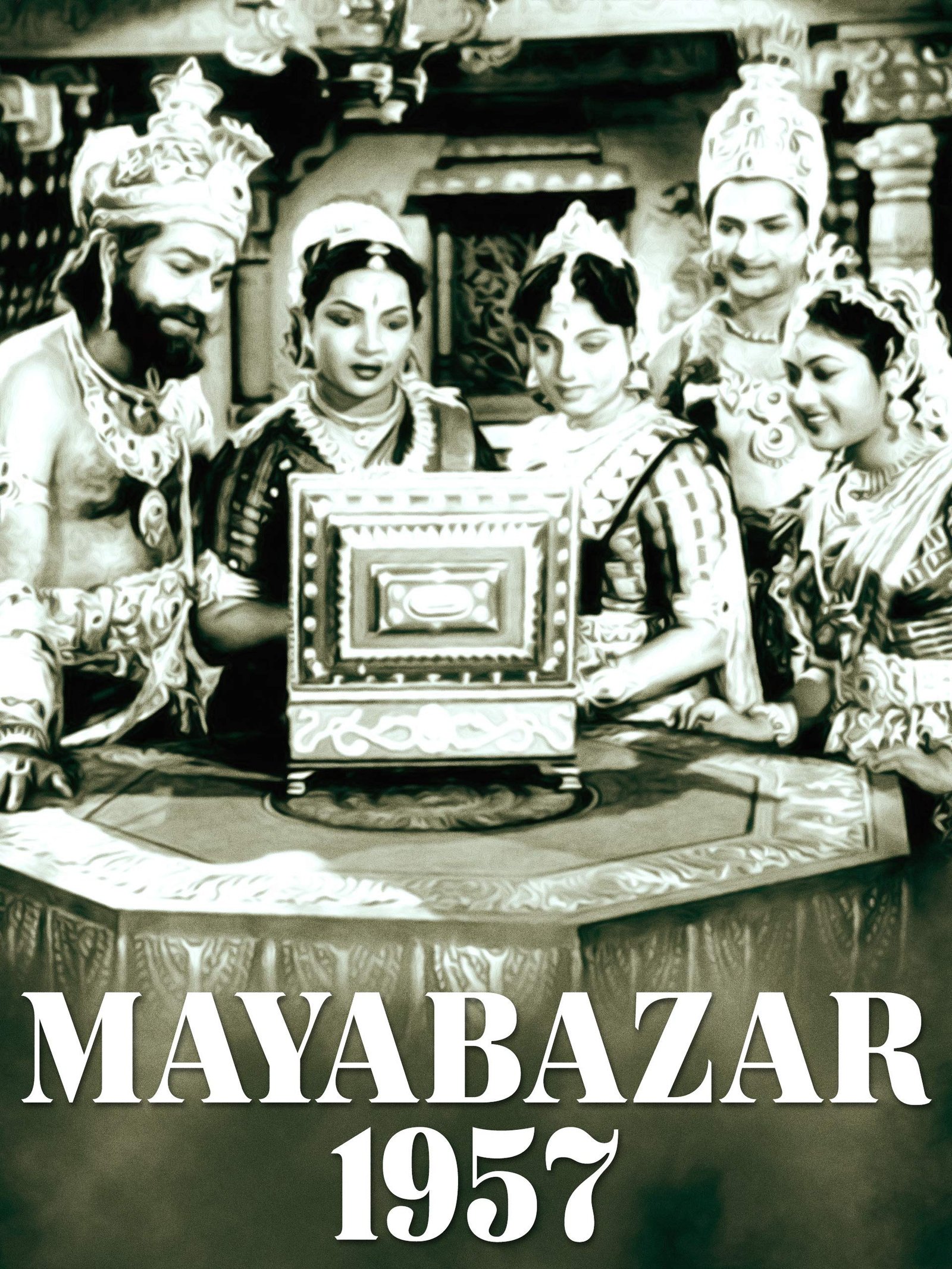
Mayabazar
An Epic Tale of Love and Magic
Mayabazar (1957) is a classic Indian fantasy film directed by Kadiri Venkata Reddy. The film is based on the folk tale of Bhakta Prahlada and is set in the backdrop of a traditional village. It stars N.T. Rama Rao, A.N.R, Savitri, and S.V. Ranga Rao in the lead roles. The story revolves around Ghato...
Hindu Mythology Books
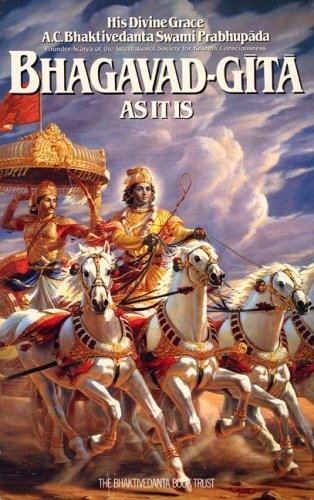
The Bhagavad Gita
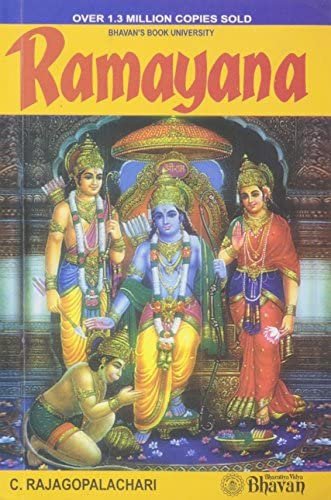
The Ramayana
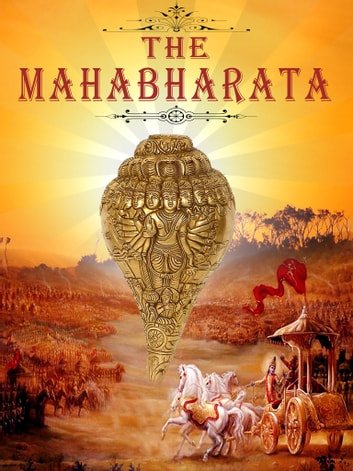
The Mahabharata
Hindu Mythology Facts
- Draupadi's marriage - Shiva was pleased with Draupadi's devotion and offered her any-thing she wanted. Draupadi wanted a husband with five qualities. "I want a husband who is noble, who is strong, who is a skilled warrior, who is handsome, and who is wise," she said. Shiva misunderstood her wish and said: "So be it. You will have five such husbands."
- Dark drinker of the blood - 'described in Western literature as the "dark drinker of blood" and is associated with witchcraft.
- Pentagram - The pentagram is the symbol of Lakshmi, Hindu goddess of wealth, and Shukra, guru of demons, and is associated with Venus, wealth, fertility, creativity, and erotic power in Hindu astrology, but is considered the mark of the devil in Christianity.
- Yoginis - The yoginis of Hinduism, who are handmaidens of the Goddess and are wild erotic creatures, recall the witches coven of the Christian mythosphere.
- Resurrection - A demon can die, but can also be resurrected because he possesses the secret of reviving the dead.
- Symbol of Virility - The goat, the symbol of virility that is sacrificed to the Hindu Goddess, is the symbol of the devil in the biblical worldview.
- The Serpent - The serpent, which is associated with earth's fertility and occult wisdom in Hinduism, is considered a manifestation of the devil in biblical traditions.
- Gods - Gods in Judeo-Christian-Islamic Paradigm False deities worshipped by nonbelievers and pagans whereas in Hindu Paradigm Celestial beings who live above ground or in the skies, fight demons, and have consumed the elixir of immortality
- Sin - Sin in Judeo-Christian-Islamic Paradigm is Transgression of divine law whereas in Hindu Paradigm it is Actions with unfavorable reactions
- Heaven - Heaven in Judeo-Christian-Islamic Paradigm is Kingdom of God and final destination of saved souls whereas in Hindu Paradigm it is Resplendent realms that exist above the earth and are inhabited by sages and gods; temporary abode of those who have accumulated good karma
- Scarlet Woman - The red clothes worn by Hindu brides are associated with "scarlet women" in Christianity
- Symbol of Purity - The white clothes that represent virginity and purity in the Christian mythosphere are associated with spirituality and otherworldliness in the Hindu mythosphere; are restricted to monks, priests, and widows; and do not form part of household rituals.


